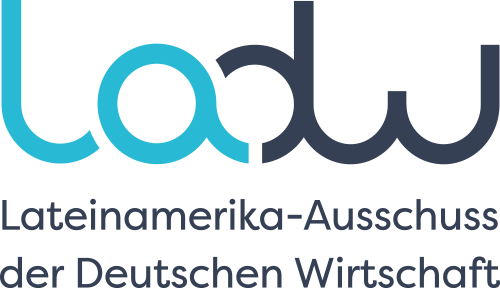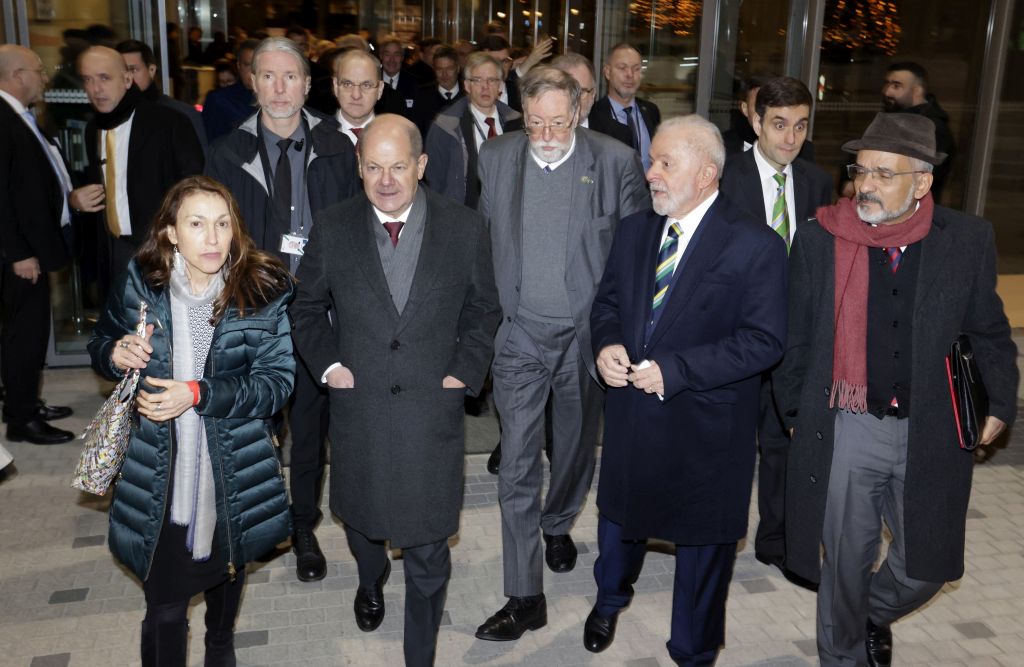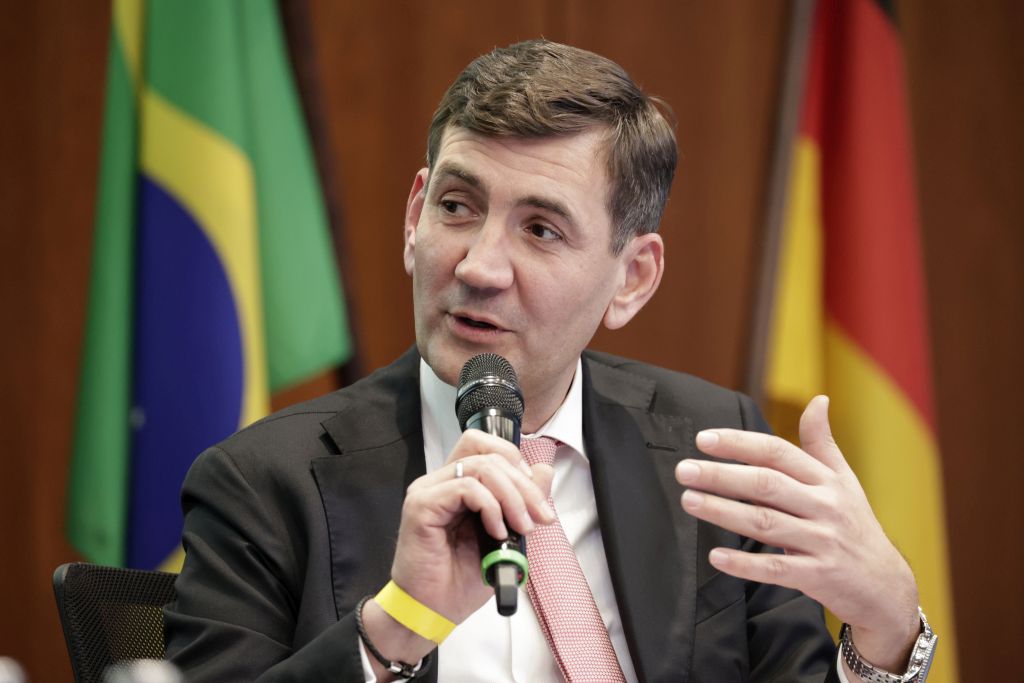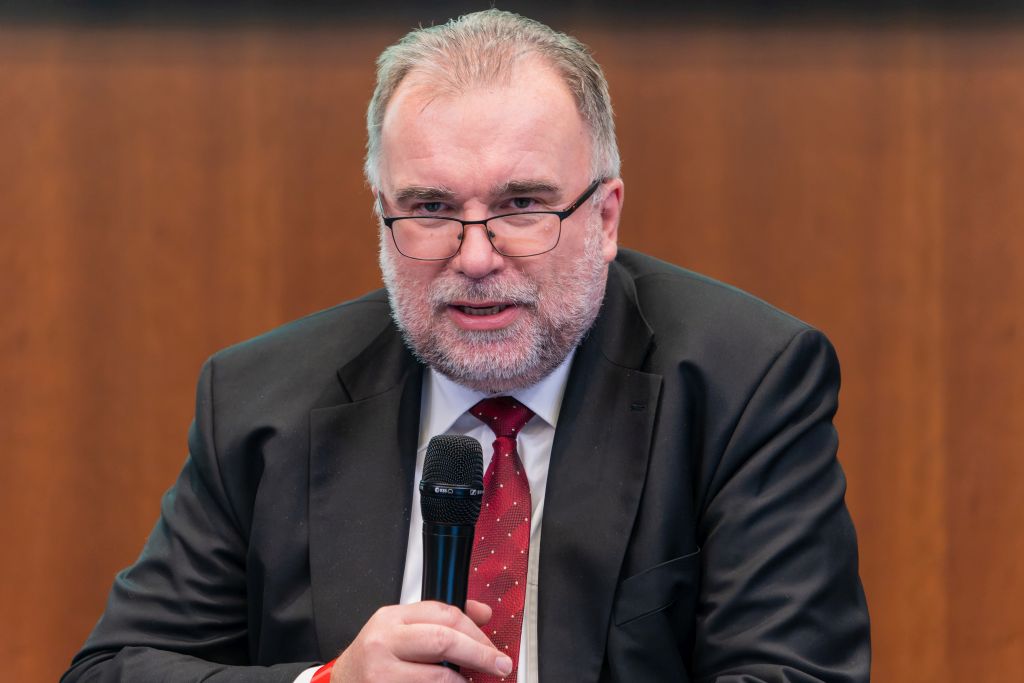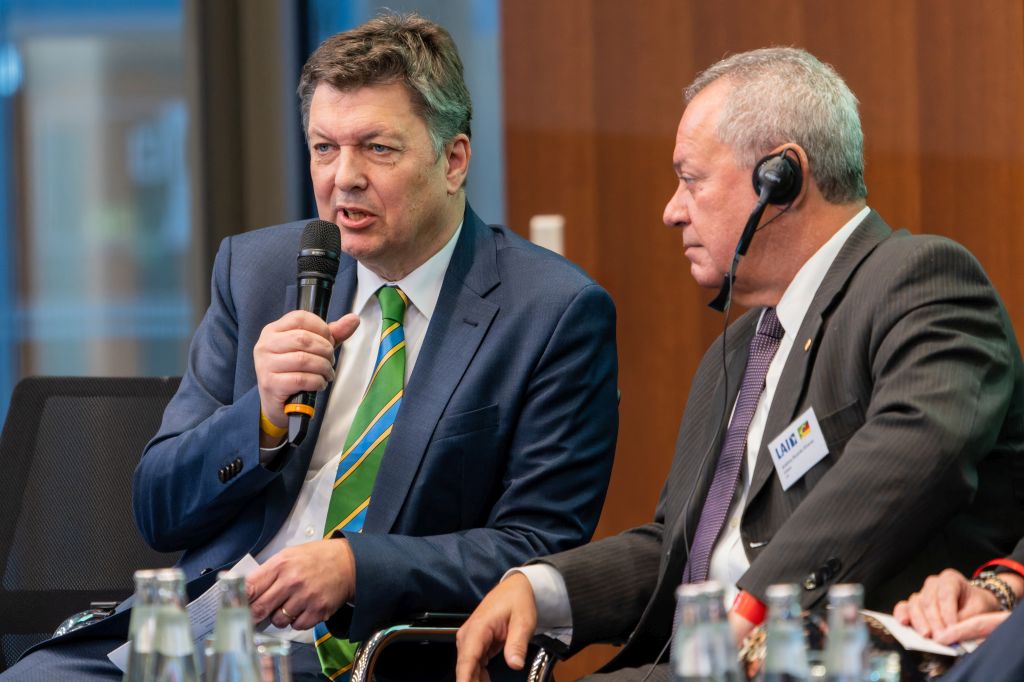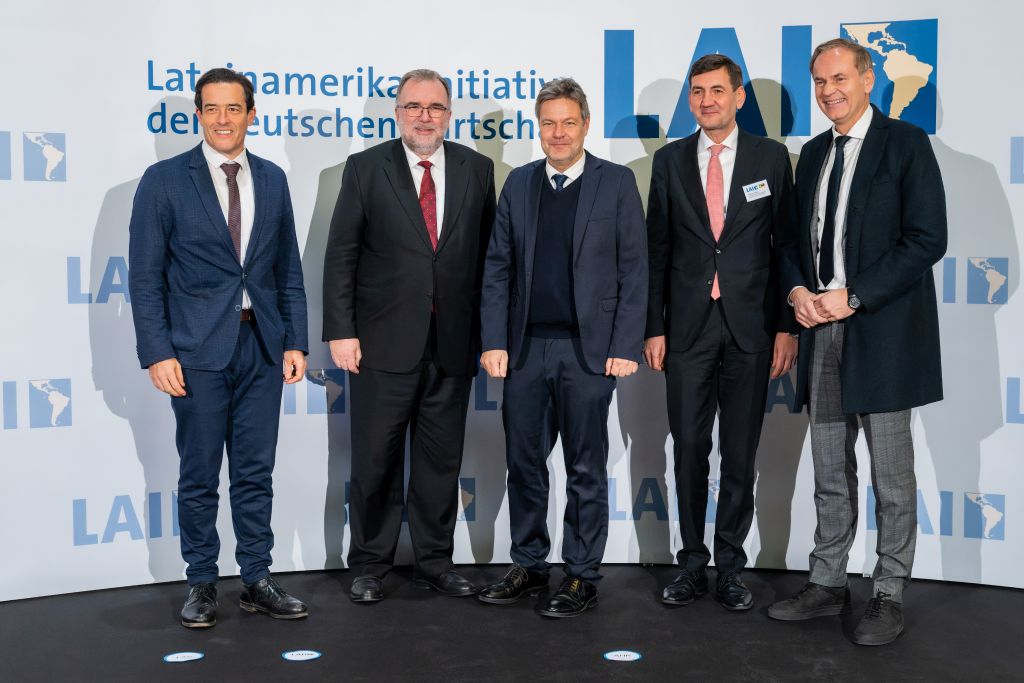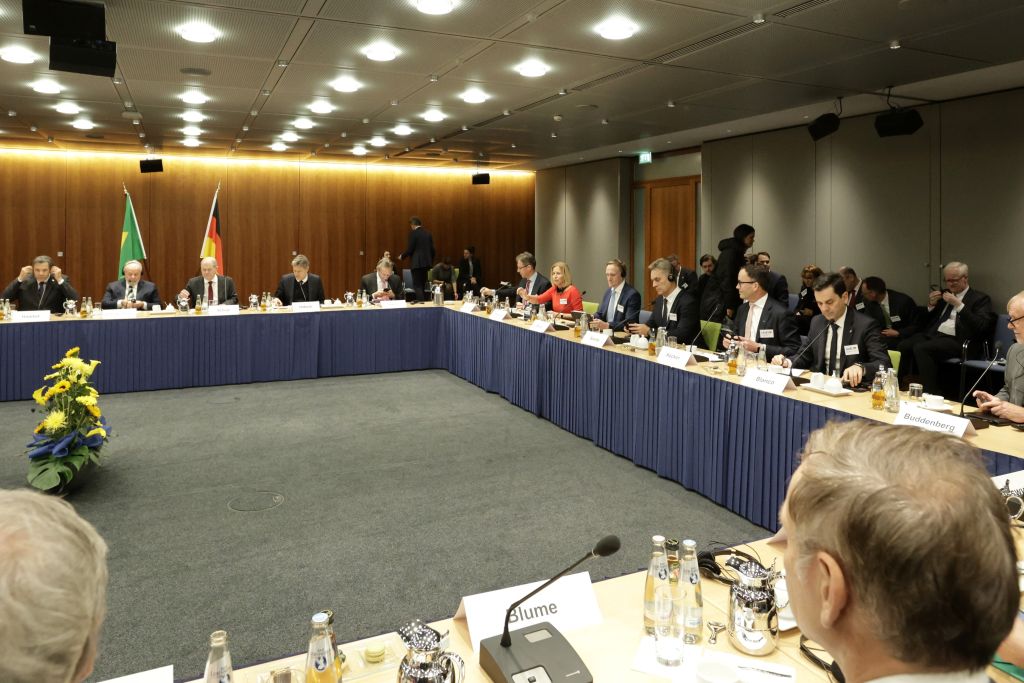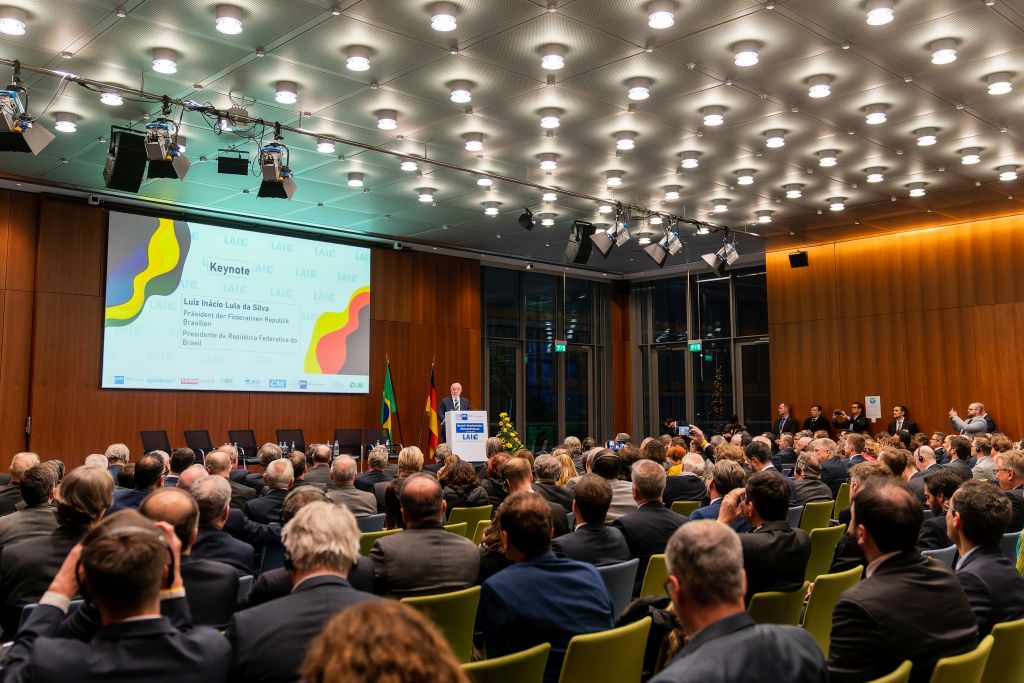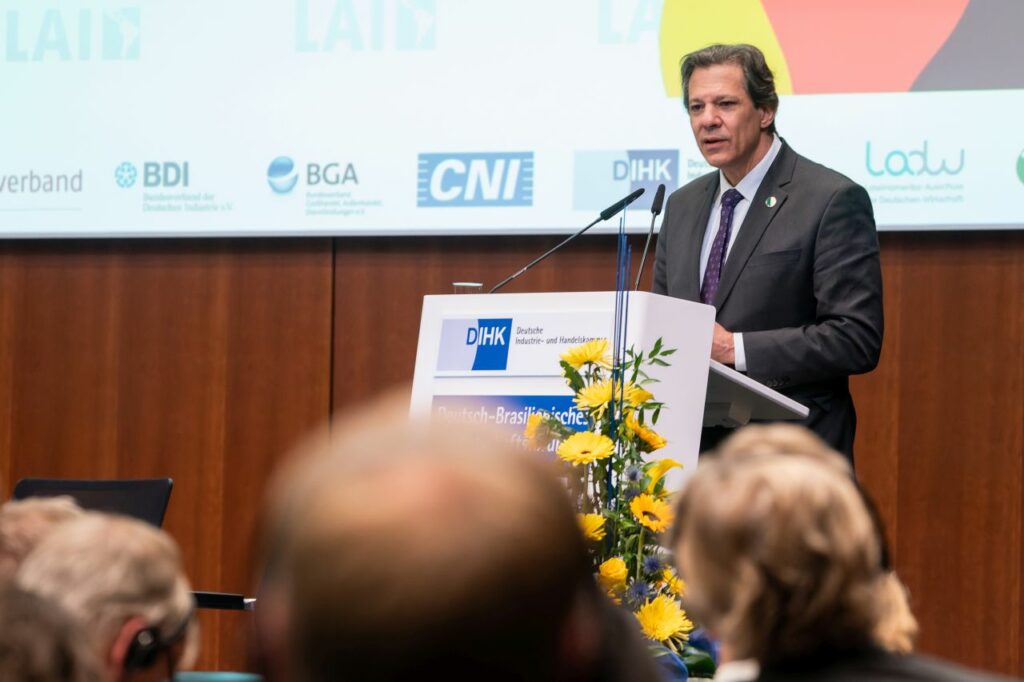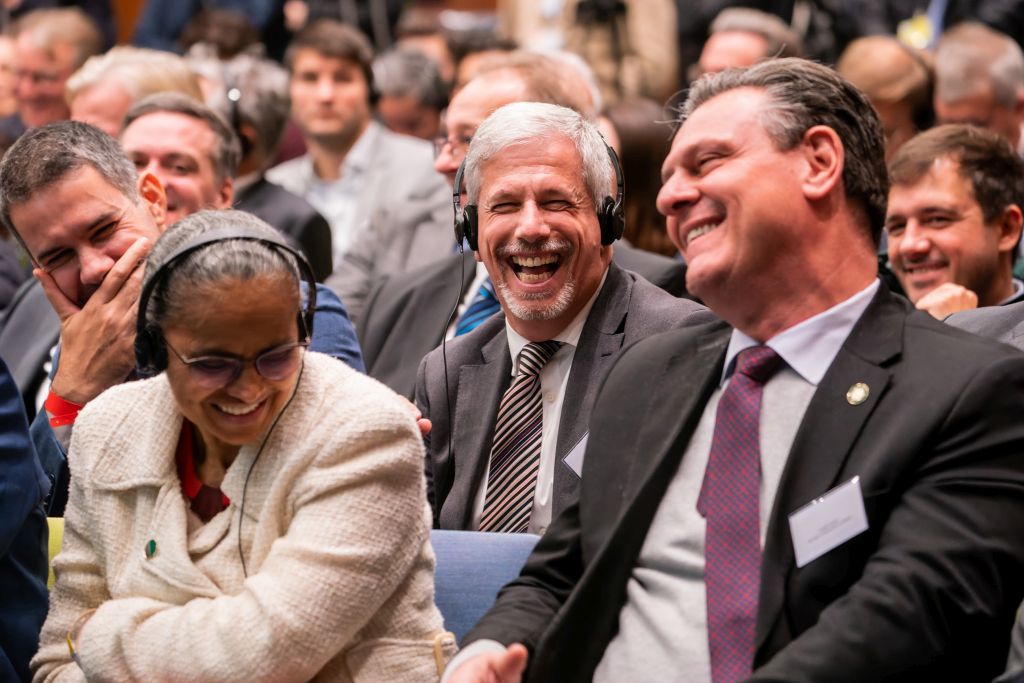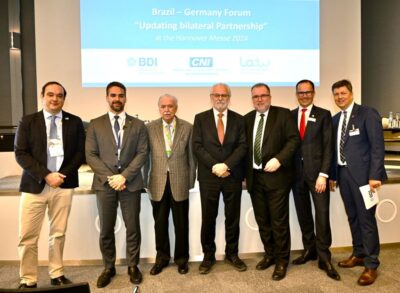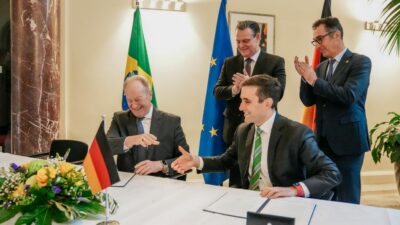New chapter opened in cooperation with Brazil
On December 4, the Brazilian and German governments met again for the first time in eight years for Intergovernmental Consultations as part of the strategic partnership between the two countries. President Luiz Inácio Lula da Silva traveled to Berlin with eight ministers, two vice-ministers and a delegation of high-ranking business representatives.
Many of the Brazilian ministers met with their German counterparts in the morning for bilateral talks. This was followed by a joint cabinet meeting in the Chancellery and a press conference with the Brazilian President and Federal Chancellor Olaf Scholz.
Both countries agreed on a comprehensive “partnership for a socially just and ecological transformation” between Brazil and Germany. Among other things, the focus here is on new projects relating to the energy transition, decarbonization of industry and skilled workers. A total of around 20 agreements and declarations of intent were signed. Progress in the partnership will be monitored through annual talks at ministerial level and Intergovernmental Consultations will be held every two years from now on. The full communiqué (in German) can be read here.
A German-Brazilian Economic Forum in the afternoon with almost 300 representatives from politics and business from both countries was part of the Intergovernmental Consultations. Chancellor Scholz and President Lula spoke out in favor of renewing cooperation at the event in the Haus der Deutschen Wirtschaft. Federal Minister of Economics Dr. Robert Habeck and – on the Brazilian side – Finance Minister Fernando Haddad, Environment Minister Marina Silva and the Head of the Presidential Office, Minister Rui Costa, were also prominent participants.
The commitment to the EU-Mercosur Agreement was also strong during the consultations. The Federal Chancellor in particular was optimistic: he was convinced that a majority would be found in both the European Council and the EU Parliament for the agreement if it was successfully negotiated to the end. President Lula is also not deterred by obstacles in the final stages.
Unfortunately, the consultations did not bring any progress on the agreement on the avoidance of double taxation, which has not been in force since 2006. This “homework” therefore remains at the top of the agenda for German-Brazilian cooperation in the coming year.
